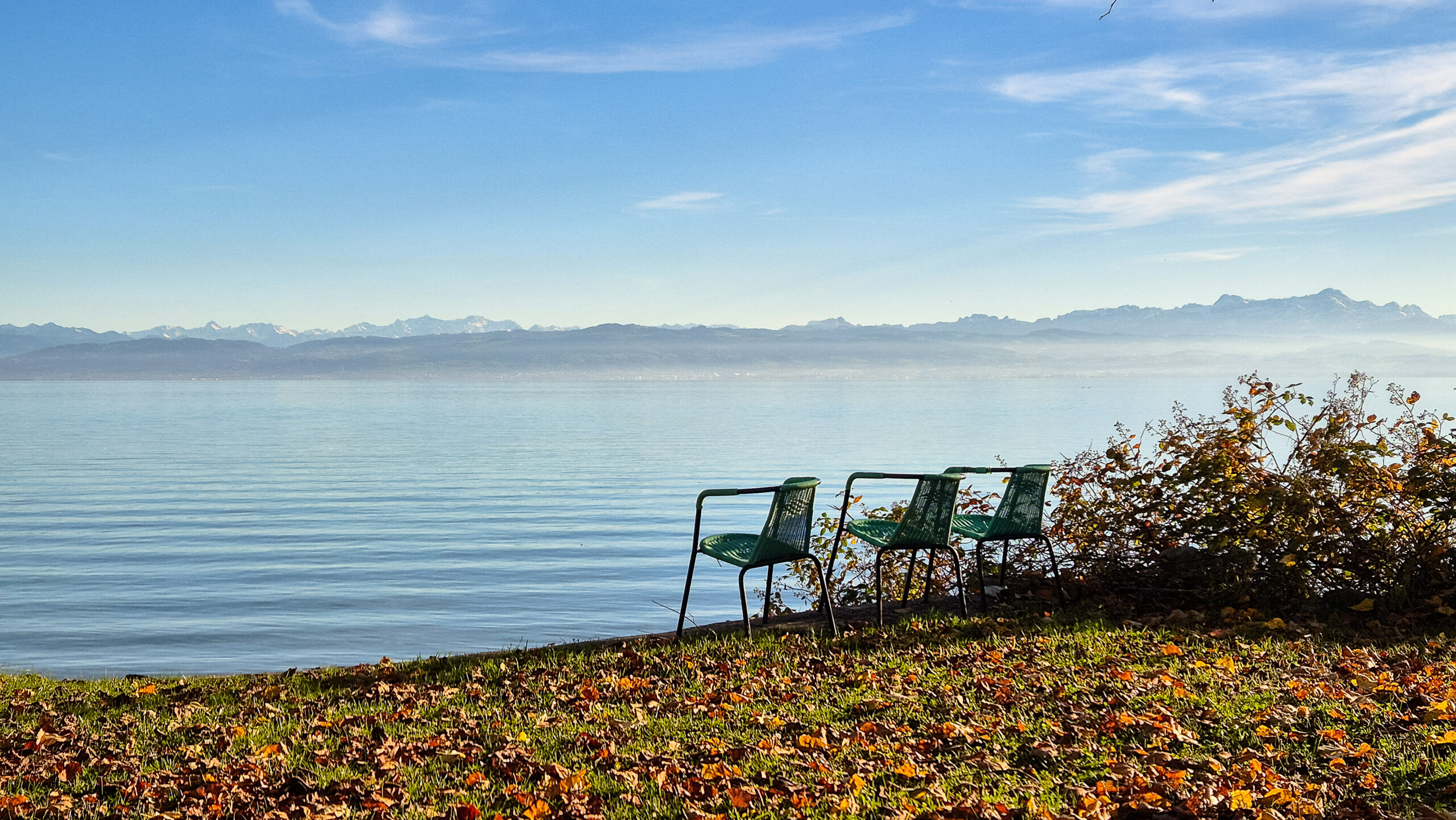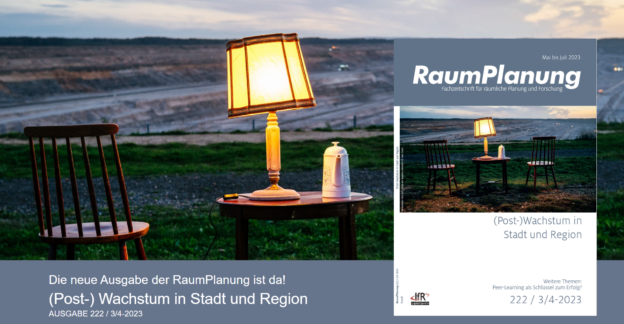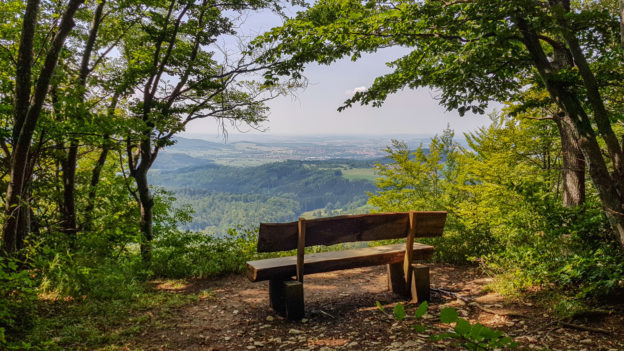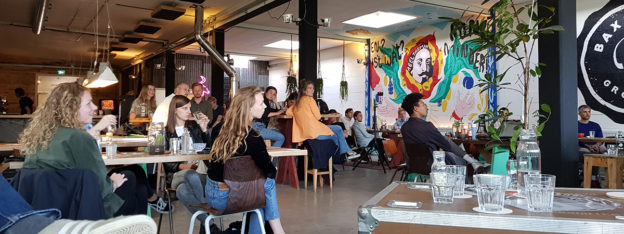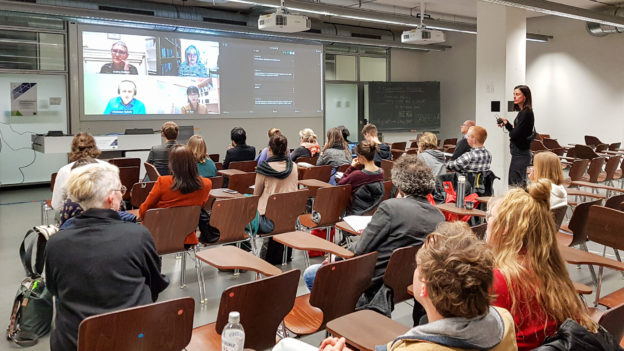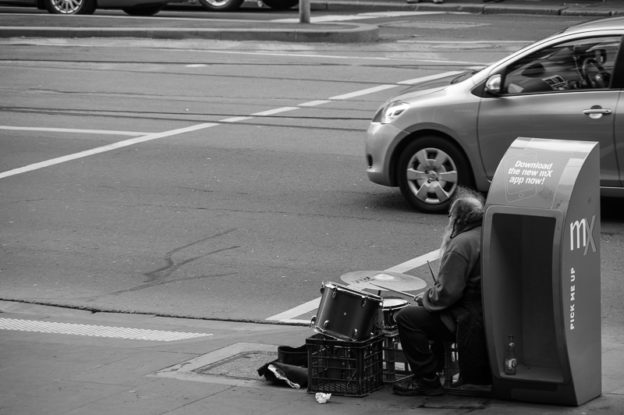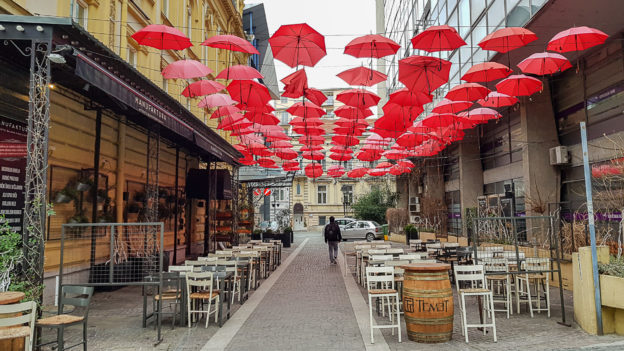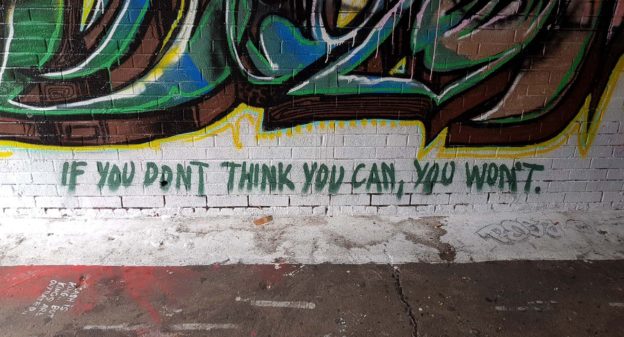Almost towards the end of 2025, it is time for a moment of looking back – and to remove the silence in this blog. Twelve notes came into my mind that relate to own experiences, wider discussions, and current and future challenges for science, research, and education. The foundation is curiosity and the strive to remain able to take the perspective of a critical observer of what I am doing and what happens around me – much fitting to my interest in systems theory and especially work by Niklas Luhmann.
The following twelve notes are in random order:
- Universities and research institutes have produced a huge variety of empirical evidence, innovative ideas, provocative thoughts, and collaborative efforts.
- Doing good research has been challenged from multiple directions, but research has also found many innovative ways to connect with societal challenges for short- and long-term futures.
- Academia begins recognising more diverse formats for research communication besides journal articles, e.g., videos, podcasts, arts, interactive formats, even games.
- The rise of generative artificial intelligence has given academic (long-distance) travel a boost as a criteria for recognition and rewards. Social media fills up with photos of smiling faces in versatile places. Are key roles of resfluencers (research influencers) emerging, and what does it mean for in-depth questions, self-reflexivity, our climate, and the ideal personal characteristics to be researchers?
- Academic events play an enlarged role for showcasing, supported by shifting towards more and shorter events instead of fewer and deeper ones. Struggles and competitions intensify to reach a decent-sized audience, but also more loss of control of own agendas surfaces. The share of academics who call in ill for events or workshops reaches deeply worrying levels and makes preperations harder.
- I witnessed the first largely AI-generated academic presentation. The presenter did not unveil it, the audience did not notice it. And I ponder on: what is real, what makes sense, and what will 2026 bring?
- Students are increasingly able to play with diverse skills and products, while having to deal with more duties within and beyond studies at the same time.
- Generative artificial intelligence inducts a sense of rush and being persecuted. Even the best and fastest writer can no longer outpace AI in terms of quantity. But: how to then focus on quality, or what is it, and which? How to deal with future situations in which your counterpart does not know what she/he has written and sent/suggested before?
- More results are widely and openly available (open access), but open insights into ongoing research, struggles, and failures, remain scarce.
- Short-term impact is one of the key words of 2025. Yet open is the quest for answers to fundamental societal questions and long-term directions beyond a short project period.
- Research grapples and regularly fails with finding models that move beyond the linear approach of setting a project up, following pre-defined steps over a pre-defined period of time, and delivering the intented result in the expected way and inducing the expected use. Reality is often faster or different than any neatly-developed structure – and seems to accelerate even faster and in more unpredictable ways.
- Trust, honesty, and openness are and remain key for successful work, from students to professors, but get also challenged or even abused from various levels.
These are unfinished and open observations. Unfinished in the sense that they do not shout out certainty, but create uncertainty. I will take it take forward towards 2026 and am looking forward to continue thinking, discussing, challenging, learning, … In all cases: many warm wishes for a peaceful and happy year.
To finish with a quote: “Science, above all else, deals with self-generated uncertainty” (Niklas Luhmann, 1992, ‘Die Wissenschaft der Gesellschaft’, p.103, translated from German).
Disclaimer: This post is fully written by me and without support by artificial intelligence. If it holds edges for discussion, this is intended and an open invitation. Photo: Friedrichshafen, Bodensee/Lake Constance, Germany, November 2025 (own photo)

